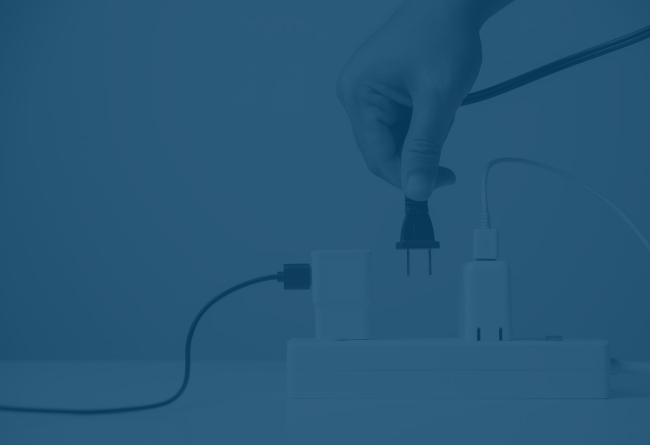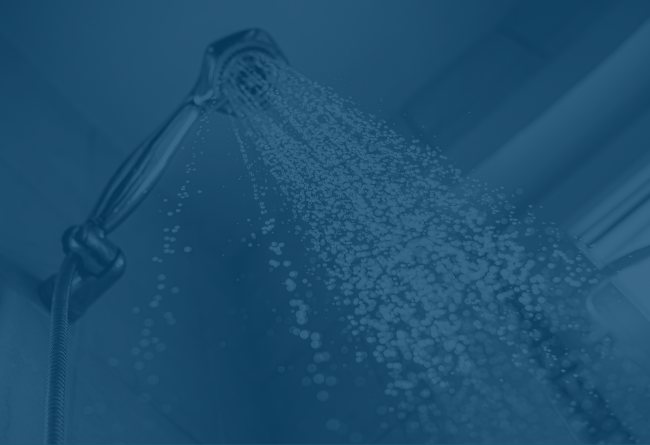Tips to lower energy use and beat the peak

Lower your thermostat 3 degrees in the winter.

Raise your thermostat 3 degrees in the summer.

Turn off and unplug non-essential lights and electronics.

Avoid using large appliances during peak hours.

Set pool pumps to run in the early morning or overnight.

Turn off pool pumps during peak hours.

Delay hot water usage.

Don’t use too many appliances or electronics at the same time.
WHAT IS A PEAK ?
The amount of electricity that members of North Georgia EMC collectively use varies during the course of the year and even from hour to hour on any given day. There are certain times when electricity usage spikes up as members use more power at the same time. These high usage periods are called “peaks”.
MOST PEAKS OCCUR ON THE HOTTEST AND COLDEST DAYS OF THE YEAR
As temperatures rise in the summer and drop in the winter, our desire to keep the house comfortable may come at a higher cost on electricity bills. When the weather is extremely hot or cold, the demand for electricity “peaks” because of the increased use of heat pumps and air conditioners, combined with other household appliances.
Peak hours take place on certain days in the months of June through September between 3pm and 7pm and in the months of December to March between 6am and 8am. This usually occurs on weekdays when we experience the highest and lowest temperatures depending on the season. Peak hours may vary depending on your geographical location and region you live in.
EXAMPLE OF PEAK LOAD DEMAND
Peak load demands occur at the time of day when most people use the most electricity. For example, it’s summertime, you get home from work and it’s 90 degrees outside. Your heat pump is already running but you lower your thermostat a few degrees. You throw some laundry in the washer, turn on the stove or oven to cook supper, all while the kids are watching TV, playing video games, and taking a shower or bath. You’re demanding energy for several tasks at the same time. If you’re consuming all of this energy during peak hours when other members are too, that means your co-op also consumes the energy.
Limiting your energy use during these hours helps the co-op save and in turn can help keep rates low. YOU can help keep electric rates low by using electricity during hours when it’s not in high demand. This is known as “off peak” hours.
The less electricity you and your neighbors use during peak times, the less overall demand there is. That lowers the strain on the power grid and lower demand means North Georgia EMC can lock in lower rates and pass those savings on to our members. Everyone saves!
When everyone co-operates, everyone benefits. That’s the power of co-op membership. It’s “POWER WITH PURPOSE!" It’s NORTH GEORGIA EMC!

